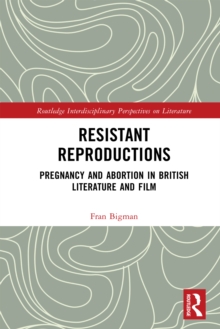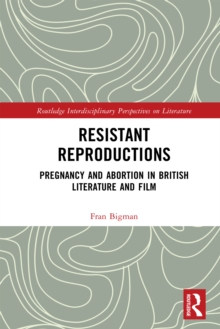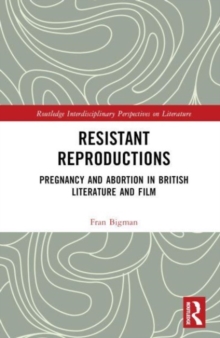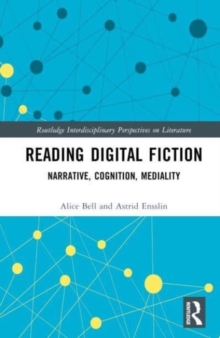
The Role of the Literary Canon in the Teaching of Literature PDF
by Robert Aston
Part of the Routledge Interdisciplinary Perspectives on Literature series
Description
This book investigates the role of the idea of the literary canon in the teaching of literature, especially in colleges and secondary schools in the United States. Before the term "canon" was widely used in literary studies, which occurred in the second half of 20th century when the canon was first seriously viewed as politically and culturally problematic, the idea that some literary texts were more worthy of being studied than others existed since the beginning of the discipline of the teaching of literature in the 1800s. The concept of the canon, however, extends as far back as to Ancient Greece and its meaning has evolved over time. Thus, this book charts the changing meaning of the idea of the literary canon, examining its influence specifically in the teaching of literature from the beginning of the field to the 21st century. To explain how the literary canon and the teaching of literature have changed over time and continue to change, this book constructs a theory of canon formation based on the ideas of Michel Foucault and the assemblage theory of Manuel DeLanda, illustrating that the literary canon, while frequently contested, is integral to the teaching of literature yet changes as the teaching of literature changes.
Information
-
Download - Immediately Available
- Format:PDF
- Pages:170 pages
- Publisher:Taylor & Francis
- Publication Date:12/05/2020
- Category:
- ISBN:9781000078909
Other Formats
- Paperback / softback from £36.35
- EPUB from £35.99
- Hardback from £135.00
Information
-
Download - Immediately Available
- Format:PDF
- Pages:170 pages
- Publisher:Taylor & Francis
- Publication Date:12/05/2020
- Category:
- ISBN:9781000078909










